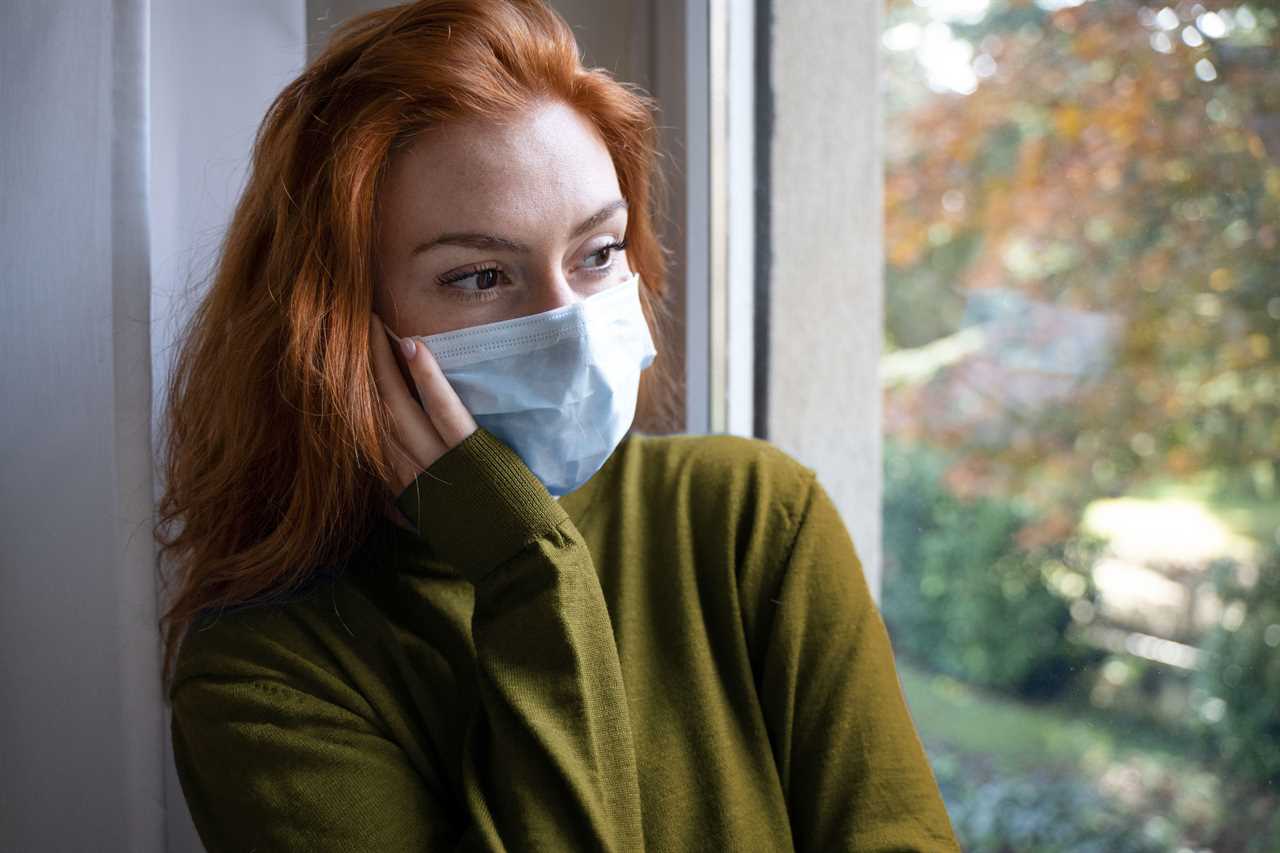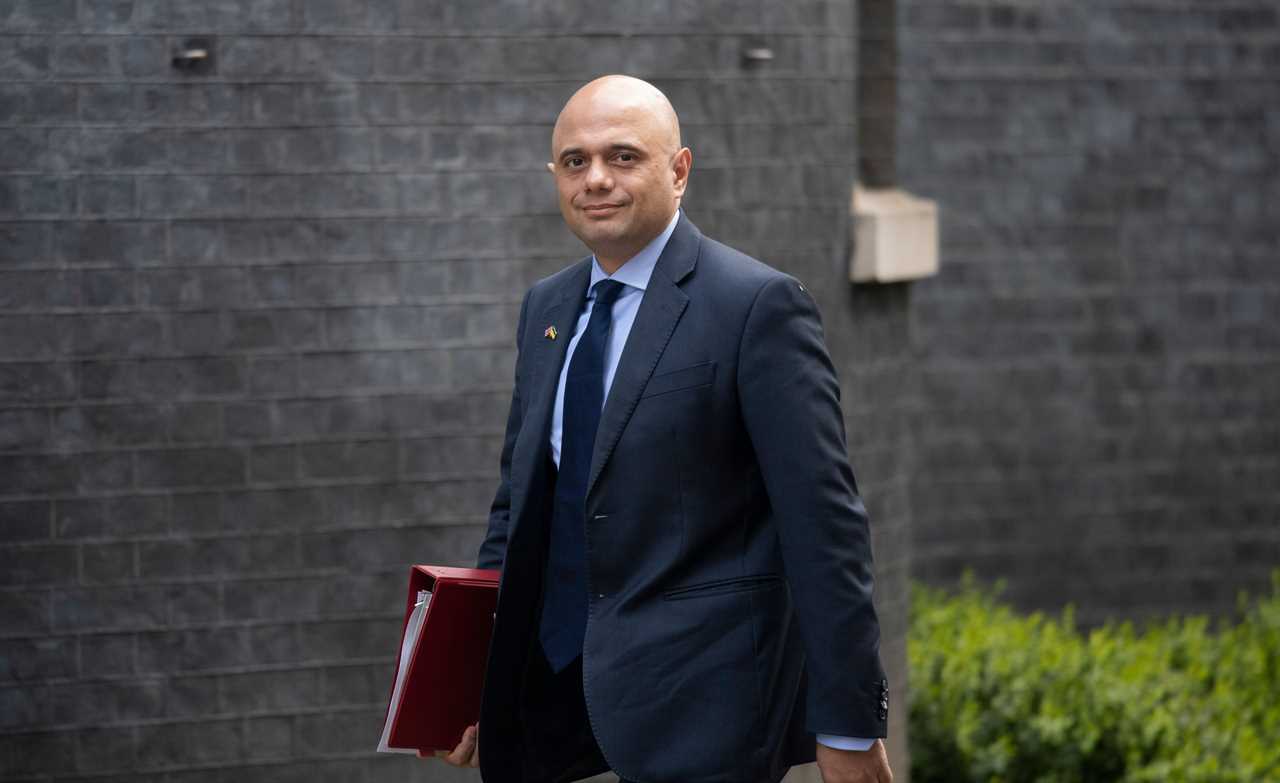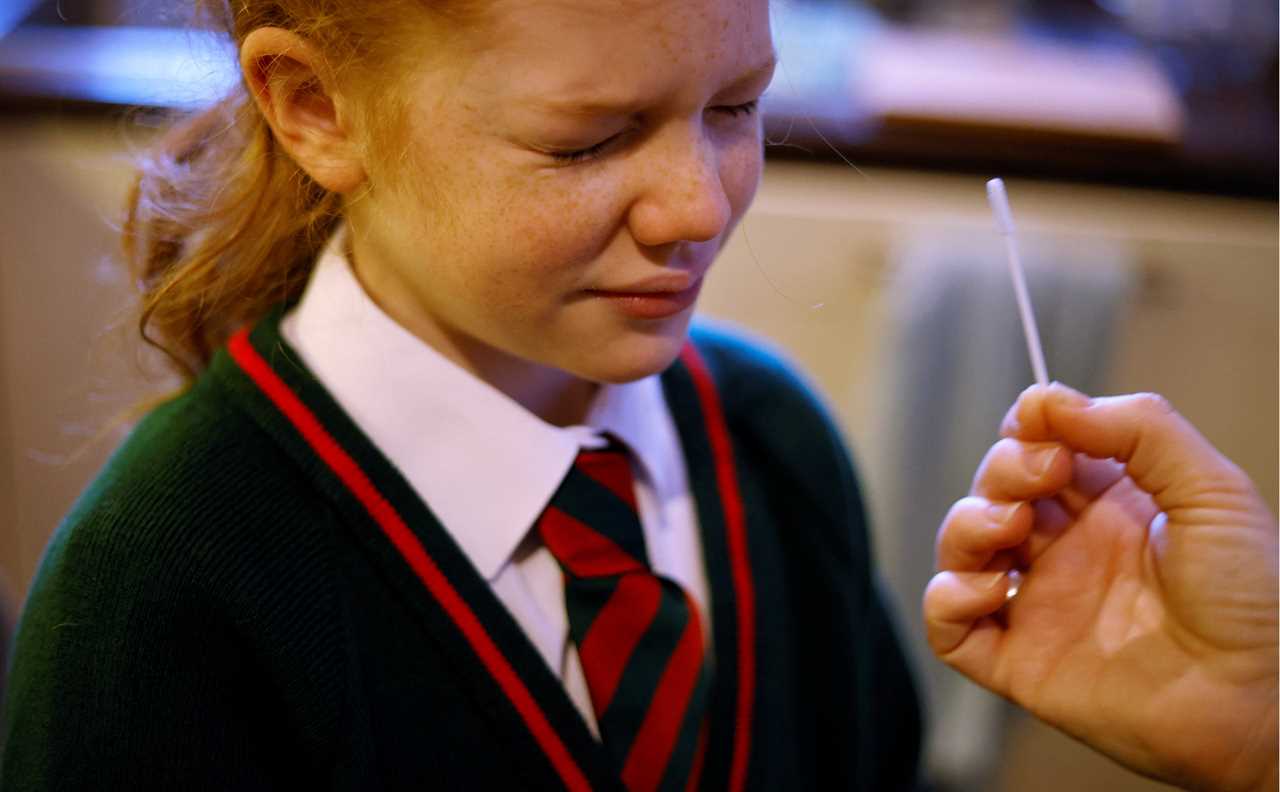COVID isolation rules are being relaxed with confirmed cases advised to stay at home for just five days.
Current guidance states infected Brits should remain indoors for ten days if they continue to test positive.


But they can leave earlier if they have two consecutive negative lateral flow checks after day five.
It comes as Sajid Javid last night said regular screening of NHS and care staff for Covid will be scrapped once the current spike in infections ends.
The Health Secretary revealed twice weekly checks will only remain during “higher prevalence” of the virus.
Despite near record numbers of infections, he confirmed access to free testing will end for the vast majority of people later this week.
Read more on Covid rules
But lateral flow tests will still be provided to millions of high-risk Brits and healthcare workers.
The full list includes hospital patients, NHS and prison staff, adult social care workers, and people who are extremely vulnerable, such as the immunosuppressed.
Lateral flow tests can be purchased from chemists such as Boots for as little as £2 each, but officials will no longer urge the general public to swab for the virus.
Instead, they will be advised to stay indoors for five days after the onset of fresh Covid symptoms – such as a new cough or fever.
Those needing to leave home will be told to avoid close contact with vulnerable people, wear a face mask and avoid crowded spaces, such as rush hour trains.
One in three Brits with Covid already no longer self-isolate, figures show.
The law forcing infected people to stay at home was dropped in February – replaced by guidance.
Office for National Statistics surveys found just 64 per cent of people isolate for a full five days, down from 80 per cent when it was a legal requirement.
Officials said free universal testing has come at a high cost, with last year’s budget totalling £15.7 billion.
Read More on Trending In The News
Mr Javid added: “Thanks to our plan to tackle Covid we are leading the way in learning to live with the virus.
“We have made enormous progress but will keep the ability to respond to future threats including potential variants.”










